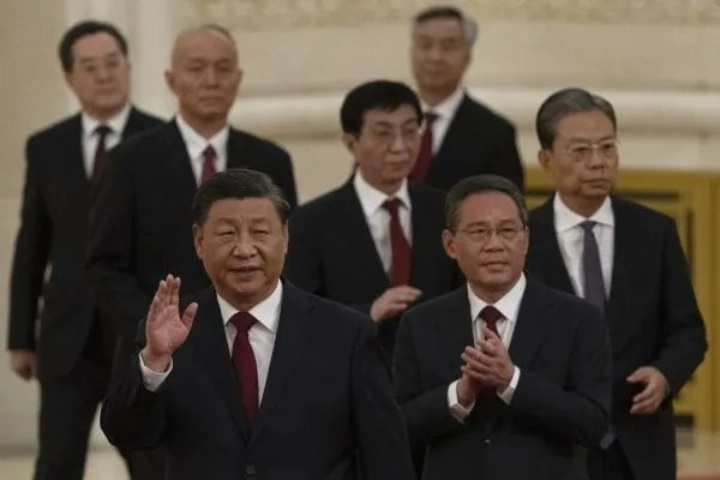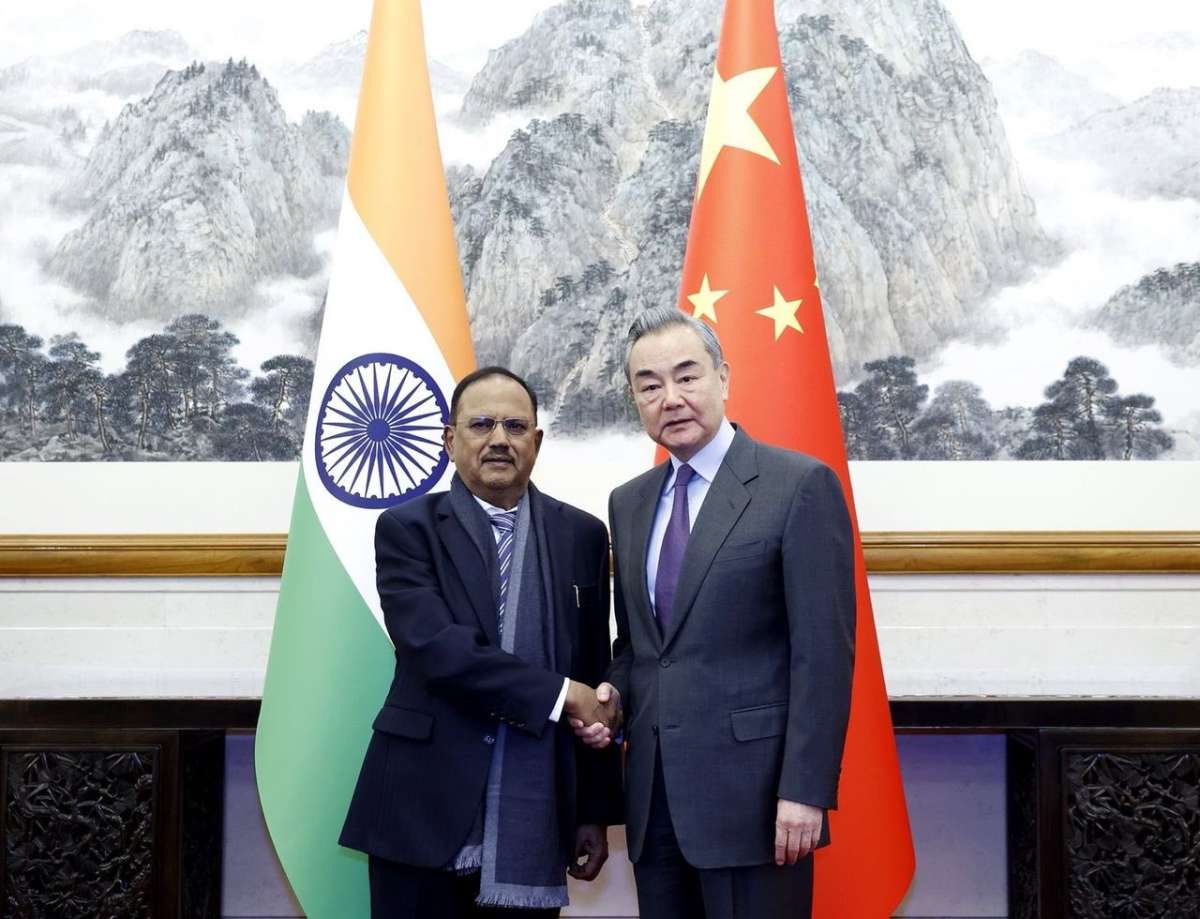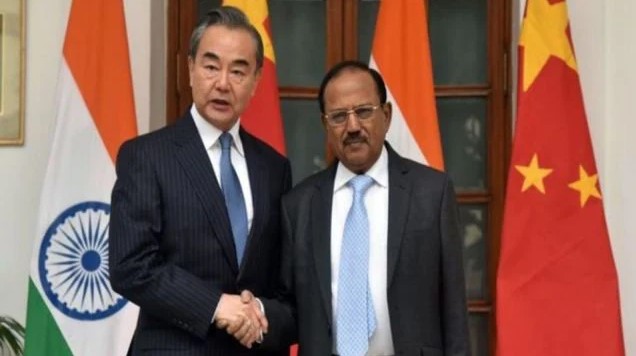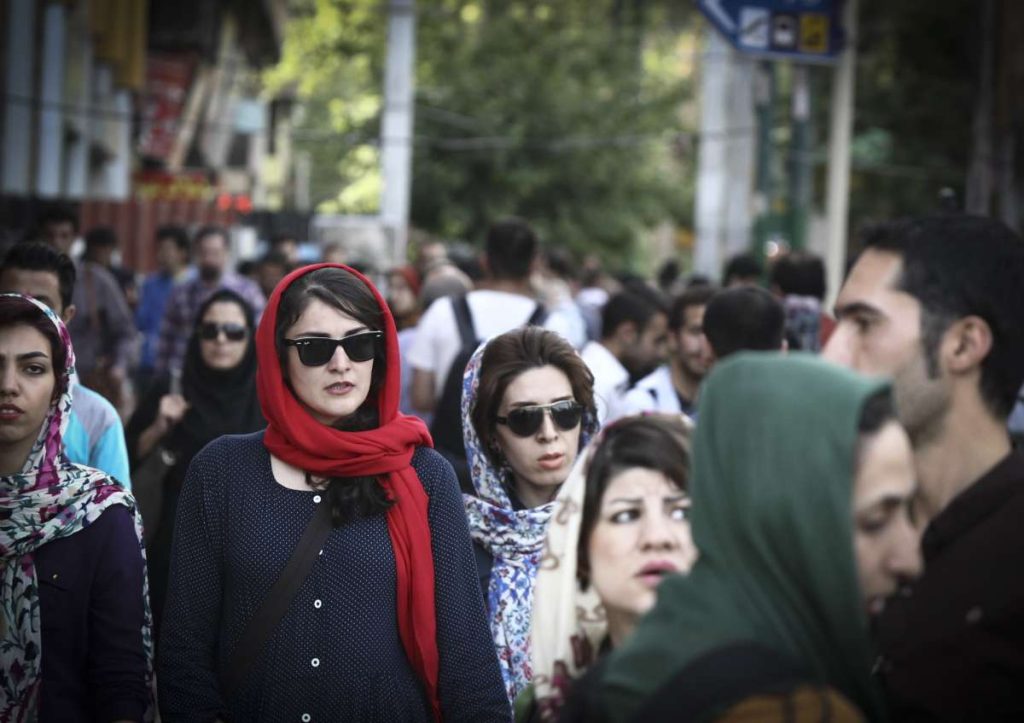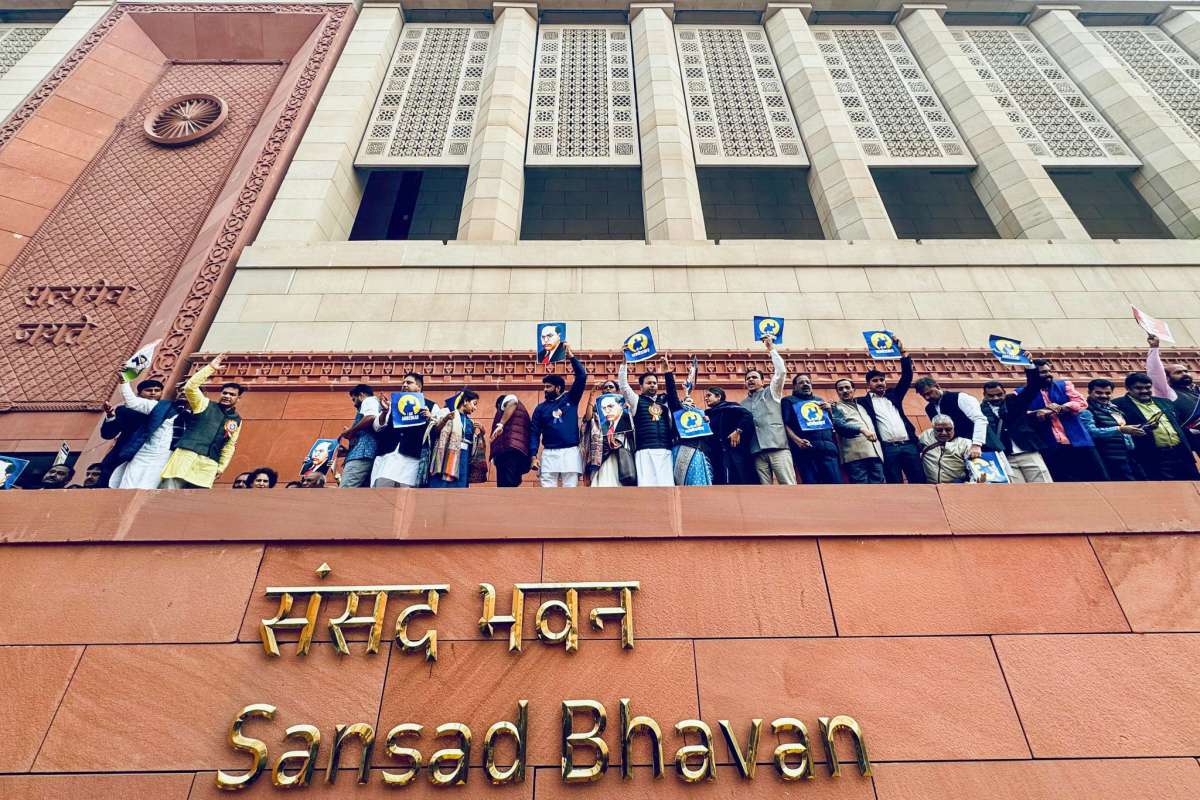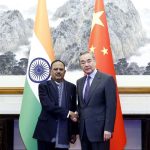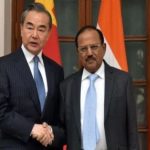With Xi Jinping firmly at the apex, the rest of the chain of command of ultra-loyalists will pass through Cai Qi, China’s new security Tsar, reports Atul Aneja
Riding on the wave of the 20th Party Congress of the Communist Party of China (CPC) which gave the Chinese President unbridled power, Xi Jinping has earnestly begun to position trusted loyalists in key positions of power.
So far, the line up of new chain of command on the security side are visible in plain sight.
The new line up shows a clear-cut pattern. Most of the officials belong either to the Fujian and Zhejiang factions. Both Fujian, and Zhejiang on the Chinese coast, are provinces where Xi had earlier served in senior positions at the provincial level. Incidentally Fujian’s capital Xiamen was the venue of the ninth BRICS summit which Prime Minister Narendra Modi had attended. Zhejiang is a trading hub, with its capital Yiwu, the source of much of the merchandise which heads into wholesale markets in India.
Leading the pack of Xi’s loyalists is Cai Qi. Cai, a part of the seven-member standing committee of the Politburo – China’s top leadership – has virtually become Xi’s Chief of Staff. Officially, he heads the party’s General Office. This is a break from the past for the director of this office was usually drawn from the 24-member Politburo, the second layer of leadership in the party-state after the standing committee.
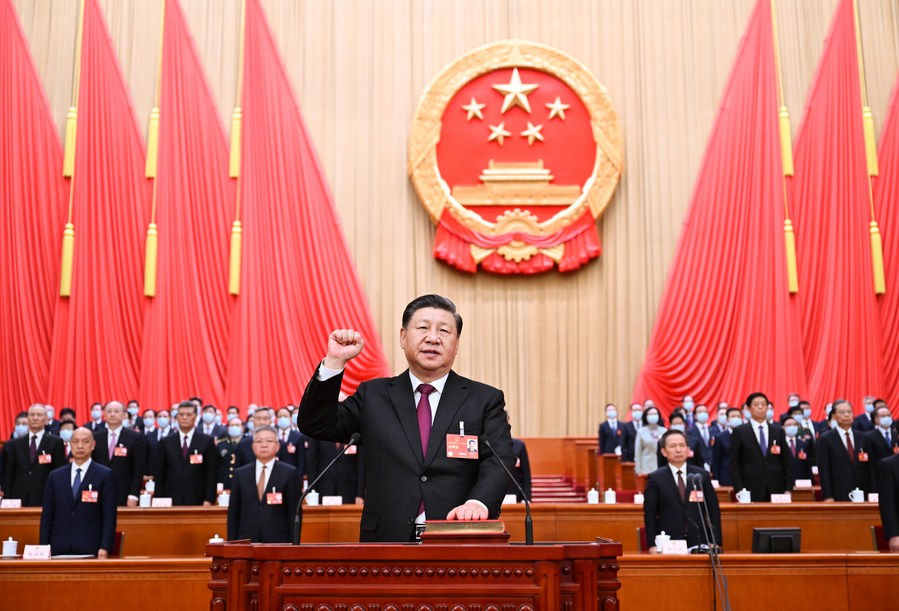
Incidentally, Cai was conspicuous in the recent Xi-Putin summit in Moscow, where he sat next to the Chinese president at the high-table.
Cai is now the gatekeeper of security – both external and internal, the latter coming in sharp focus by the “white paper movement” which publicly opposed Xi’s zero-covid policy.
With Xi paying a premium on loyalty, it is not surprising that Cai served in the eighties with Xi when he was in Fujian between 1985-2002.
The thread continued when Xi moved to Zhejiang for a five-year tenure from 2002.
The Xi-Cai linkup also became evident when the former became President in 2012. After Xi assumed presidency, Cai moved to Beijing, becoming deputy director of the Office of the National Security Commission – a body that Xi setup in 2013, becoming the centrepiece of national security policy.
Others drawn from the Fujian and Zhejiang factions include Chen Wenqing who heads The Central Political and Legal Affairs Commission, was also a senior official in Fujian. The commission oversees the police, judicial and intelligence divisions, making Chen a key official in the Xi’s tightly controlled security setup.
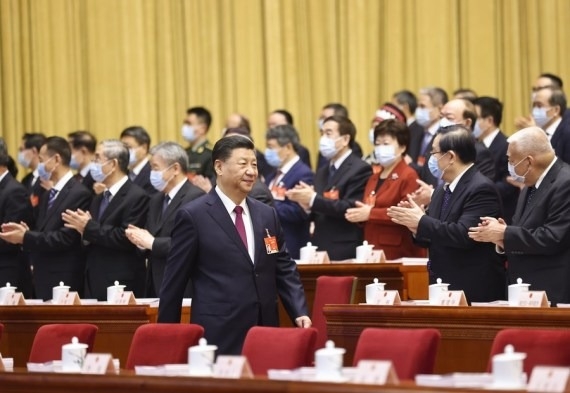
Another official, Wang Xiaohong also belongs to the Fujian faction. Wang is the minister of public security, is also a state councillor – a vice premier-level post.
Besides Xi has promoted He Weidong, who once served as chief of staff of the 31st Group Army – a unit based in Xiamen, facing the Taiwan Strait. He is now the vice chairman of the Central Military Commission (CMC).
Song Tao, the former head of the international department of the CPC, who is now director of the State Council’s Taiwan Affairs Office, a critically important post at this juncture, once worked at the Fujian International Trust and Investment Corporation.
With Xi firmly at the apex, the rest of the chain of command of ultra-loyalists will pass through Cai, China’s new security Tsar.
(The content is being carried under an arrangement with indianarrative.com)
ALSO READ: SPECIAL: China’s spying on British Police
